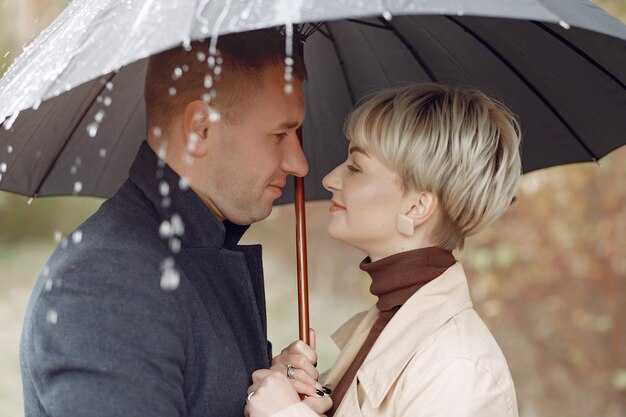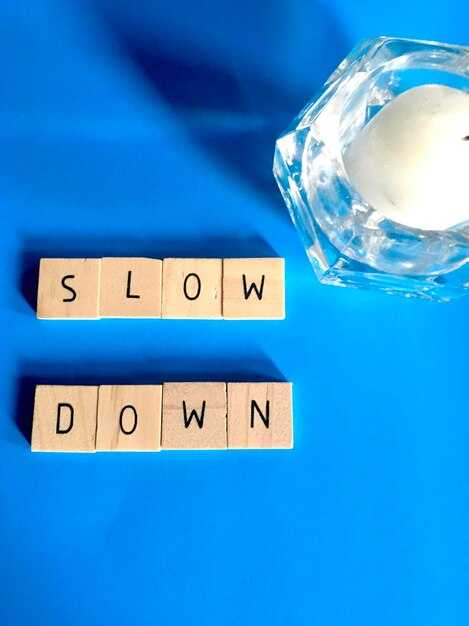Here’s a practical tip many of us forget: you cannot truly resolve conflict with someone who is emotionally immature. Picture this — they do something that wounds you or makes you feel disrespected, and when you raise it, their response is to minimize: “Seriously, are you going to make a fuss about one time? That’s a bit neurotic — maybe you’re just being overly sensitive.” If, instead, you keep quiet until the behavior repeats five times and then say, “This has happened five times now; it’s a pattern and it hurts me — can you stop?” they will flip the script and play the victim: “Oh great, so I’m the bad guy now. I can’t do anything right — you want me to be perfect. Are you keeping a little scorecard every time I mess up? That’s insane.”
Because many of us were taught that giving up our needs is love, because we were conditioned to equate over-giving with worth, and because we learned that boundaries are unkind, the default becomes silence and burying our feelings. That doesn’t work — your body senses what your mind might ignore. Honest openness and vulnerability are the foundation of intimacy and connection, and there’s no point in exposing your inner self to someone who repeatedly hurts you. The result is simmering resentment and anger that fester until one day you erupt over something small and likely unrelated; they then gaslight you, call you unreasonable, and you leave feeling ashamed and apologetic for having been “rude.”
Remember: you are far more valuable than the dismissal of your emotions, their defensiveness, excuses, or blame. You aren’t a burden; your feelings are not problems to be fixed. You deserve kindness and respect. To an emotionally unavailable person you will always be “too much” — too sensitive, too needy, too emotional. No relationship is worth keeping if it requires you to hide your truth, silence your needs, or deny your authentic self.
All we can do is communicate our feelings and needs; the way a partner responds reveals whether they are emotionally safe. An emotionally immature person lacks the capacity or willingness to listen, empathize, validate, or seek understanding. Prioritizing you will never seem convenient for them — there will always be excuses. They won’t take responsibility because their ego or shame prevents them from doing so.
It’s possible to hold compassion for their hardships, trauma, or whatever shaped them, while simultaneously holding them accountable for toxic, destructive behaviors that harm you and the relationship. At the same time, it’s crucial to avoid getting entangled in those patterns yourself — passive-aggressiveness, constant criticism, blame, or endless fighting only feed the cycle. You must strive to rise above those reactions. It’s not easy, but it’s essential. Persisting in arguments and over-explaining to someone who has already decided to misunderstand you is itself a sign of emotional immaturity.
So what’s the path forward? Practice honesty and vulnerability. Show up as your true self. Examine your fears and the reasons it’s so hard to ask for what you need to feel safe, connected, or loved. When someone demonstrates again and again that they are unwilling or unable to meet your needs, believe them — and seek professional support.
Practical steps and tools

Below are concrete actions you can take if you suspect your partner (or a close person) is emotionally immature. These are designed to protect your wellbeing while clarifying whether change is possible.
- Identify patterns, not one-offs. Keep a private journal of incidents: what happened, how it made you feel, and how they responded. Patterns are the clearest indicator of capacity to change.
- Use short, calm statements. When you raise an issue, keep it simple and specific: “When you interrupt me during conversations, I feel dismissed. Please let me finish.” Don’t load multiple grievances at once.
- Offer a clear boundary and consequence. Example: “If you continue to speak over me when I try to share, I will leave the room for 30 minutes. We can resume when we’re both calm.” Follow through if the boundary is crossed — consistency teaches respect.
- Ask for a concrete commitment. Instead of vague promises, ask for observable actions: “Will you practice pausing for five seconds before responding?” If they agree, check in later about progress.
- Limit rehearsals and explanations. If someone consistently refuses to accept responsibility, repeated attempts to explain yourself only drain you. Say what you need to say once, set the boundary, then observe their behavior.
Example scripts you can adapt
- “I’m bringing this up because I care about our relationship. When X happens, I feel Y. I need Z from you. Can you try that?”
- “I don’t respond well to being blamed in public. If you’re upset, please tell me privately so we can work it out.”
- “I hear you’re stressed, and I want to support you. I can’t accept being dismissed when I express my feelings. If that continues, I’ll need some distance.”
How to tell if change is real
Emotional growth is possible, but it requires awareness, humility, and sustained action. Signs someone is genuinely trying to change include:
- They consistently apologize without immediate minimization or blame.
- They ask clarifying questions instead of defending themselves.
- They seek help — therapy, books, workshops — and follow through.
- Their behavior changes over time, not just words.
- They can tolerate discomfort, sit with your feelings, and regulate their reactions.
If these signs are absent after clear communication and reasonable time, it’s likely they do not have the emotional tools for a healthy partnership right now.
When to seek outside help or leave

Consider professional support (individual or couples therapy) if both partners are willing to do the work and can be honest about patterns. Therapy can accelerate growth when people are committed. However, if your partner refuses to acknowledge patterns, blames you for their feelings, or escalates to controlling or abusive behavior, prioritize your safety and wellbeing. No amount of compassion obligates you to stay in a relationship that repeatedly harms you.
If you decide to end the relationship, plan practical steps: tell a trusted friend or family member, secure finances and important documents, and set clear logistical boundaries (e.g., no contact or limited contact rules). Consider professional legal or safety advice if there are concerns about stalking, threats, or abuse.
Self-care and rebuilding
Recovering from a relationship with an emotionally immature person takes time. Helpful practices include:
- Reconnect with supportive friends and family who validate your experience.
- Keep a feelings journal to name emotions and track healing.
- Practice self-compassion — remind yourself that wanting respect is reasonable.
- Learn communication and boundary skills through trusted books or workshops.
- Consider individual therapy to process patterns, attachment wounds, and next steps.
Recommended reading
Books that many people find helpful: “Attached” by Amir Levine & Rachel Heller, “Hold Me Tight” by Dr. Sue Johnson, “Nonviolent Communication” by Marshall Rosenberg, “Boundaries” by Dr. Henry Cloud & Dr. John Townsend, and “The Body Keeps the Score” by Bessel van der Kolk (for trauma-informed context).
Final notes
It’s possible to hold empathy for someone’s past while refusing to be a target for their immature coping patterns. Emotional maturity is demonstrated in small daily actions: listening without defensiveness, taking responsibility, and showing up with curiosity rather than contempt. You deserve relationships where your feelings are met with care — not dismissed as a problem. Trust your experience, protect your boundaries, and seek help when you need it.


 Они ЕЩЁ не обладают достаточной эмоциональной зрелостью для отношений!">
Они ЕЩЁ не обладают достаточной эмоциональной зрелостью для отношений!">

 Что делает ОТЛИЧНЫЕ отношения? || Как построить ОТЛИЧНЫЕ отношения">
Что делает ОТЛИЧНЫЕ отношения? || Как построить ОТЛИЧНЫЕ отношения">
 Как реагировать на грубые комментарии, сохраняя спокойствие">
Как реагировать на грубые комментарии, сохраняя спокойствие">
 Мой партнёр НЕ хочет идти в консультирование.">
Мой партнёр НЕ хочет идти в консультирование.">
 Скрытая связь, которая навсегда связывает избегающих с одним человеком | Джордан Питерсон | Мотивационная речь">
Скрытая связь, которая навсегда связывает избегающих с одним человеком | Джордан Питерсон | Мотивационная речь">
 Есть что-то привлекательное в партнерах, которые разочаровывают">
Есть что-то привлекательное в партнерах, которые разочаровывают">

 You CAN’T have Intimacy without THIS.">
You CAN’T have Intimacy without THIS.">
 What Happens to Avoidants When You Stay Silent Longer Than They Expected | Mel Robbins motivational">
What Happens to Avoidants When You Stay Silent Longer Than They Expected | Mel Robbins motivational">
 Reciprocated Validation">
Reciprocated Validation">
 Why You Become Anxious & Clingy: The Avoidant’s ‘Interest Trap’ Explained.">
Why You Become Anxious & Clingy: The Avoidant’s ‘Interest Trap’ Explained.">